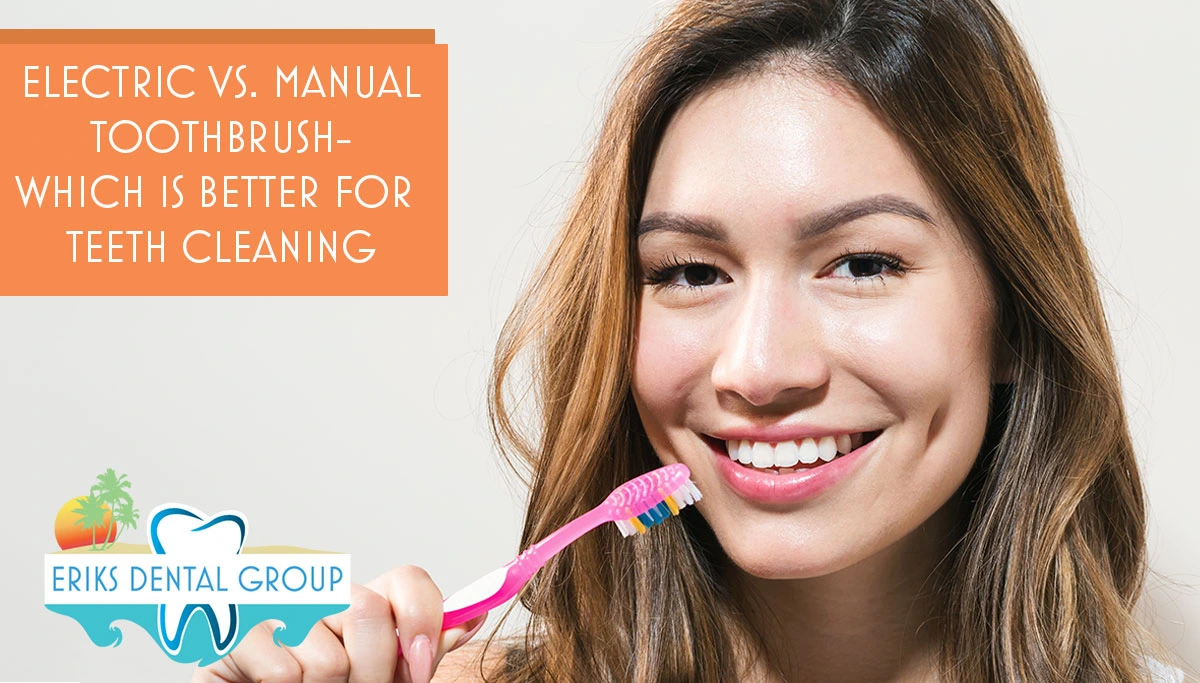
Maintaining a good at-home oral hygiene routine is essential for healthy teeth and gums. Neglecting to clean your teeth effectively can lead to tooth decay, which may require fillings, root canals, or other extensive dental services. A common question our patients ask is whether a manual toothbrush or an electric toothbrush is better for their at-home oral care routine.
In this article, our dental team explores the benefits of using both for optimal oral health.
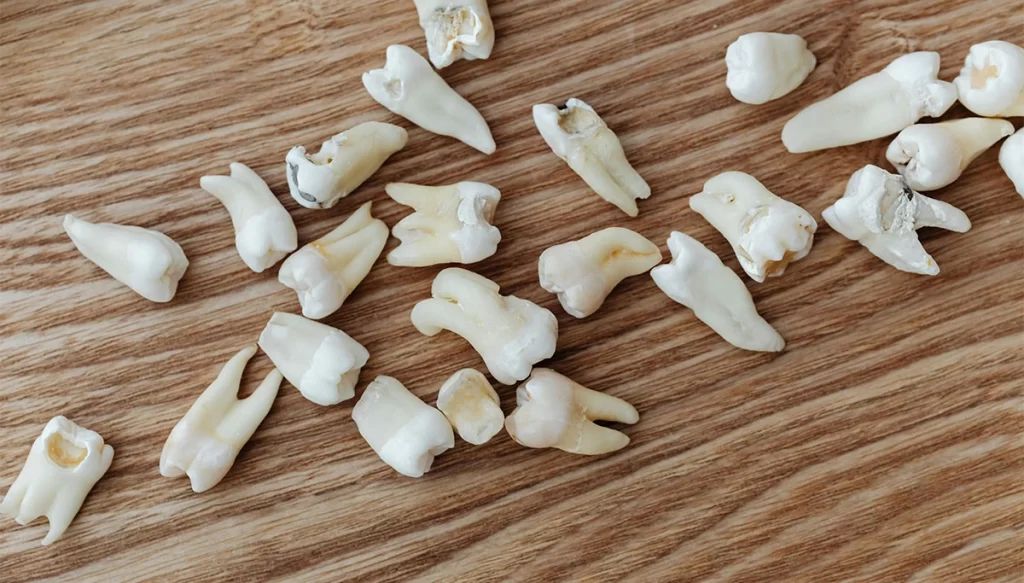
Tooth decay occurs when bacteria in the mouth become acidic and attack the enamel of your teeth, this often leads to small holes in your teeth known as cavities. When left untreated, a cavity can cause pain, tooth sensitivity, infection, and in severe cases, tooth loss. Tooth decay can affect people of all ages, making early and consistent oral care important.
In the early stages of tooth decay, white spots may appear on your teeth. This decay can be stopped or even reversed with proper use of fluoride toothpaste or fluoride treatments, which can help the enamel repair itself.
Regular dental checkups are important for detecting tooth decay. Some early signs of tooth decay include:
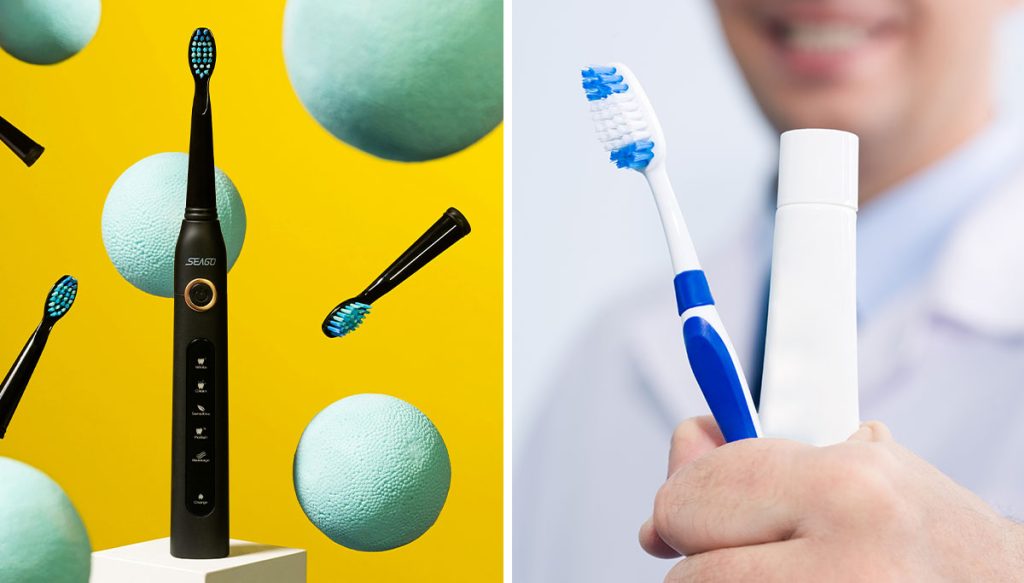
Educating patients on the best ways to care for their teeth between dental visits is a priority at Eriks Dental Group. While both manual and electric toothbrushes can effectively clean your teeth, electric toothbrushes have a slight advantage in removing plaque and tartar from the teeth and gums. The choice between a manual and an electric toothbrush will ultimately depend on your personal needs and oral health.
Manual Toothbrush
A manual toothbrush is the most common and affordable option, it is portable, requires no batteries, and is always ready to use. Manual toothbrushes come in various sizes, colors, and bristle types, making it easy to find one that suits your needs.
With a manual brush, you control the brushing motion, pressure, and duration. For people who apply too much pressure, this could be rough on the enamel and gums. Manual toothbrushes are also easy to replace.
Electric Toothbrush
With a battery-assisted toothbrush, you get more strokes per minute, providing a more thorough cleaning. This efficiency helps remove more plaque and can be better for your gums, potentially leading to fewer cavities or tooth decay incidences. Replacement brush heads make electric toothbrushes more environmentally friendly over time.
Electric toothbrushes require less effort and can encourage longer brushing sessions. The American Dental Association recommends two minutes of brushing, and electric toothbrushes can help you meet this guideline with many brands having a 2-minute timer as a feature. They are also particularly beneficial for those with braces as the rotating bristles help dislodge food particles stuck around wires and bonds.
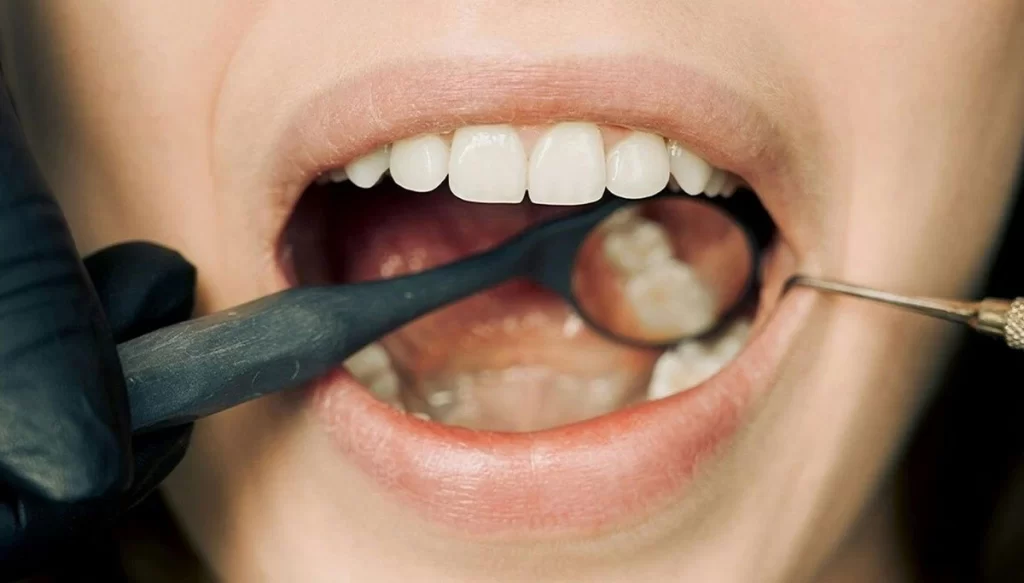
Regardless of the type of toothbrush you use, brushing at least twice a day for two minutes is essential. Divide your mouth into 4 quadrants, and spend 30 seconds per quadrant, brushing thoroughly. Each tooth should be brushed on all of its sides. Use a fluoride-based toothpaste for added cavity protection. Floss before or after your brush to loosen food debris or particles between the teeth.
Ultimately, the most important aspect of brushing is using the toothbrush correctly. Here are some tips for optimal brushing at home:
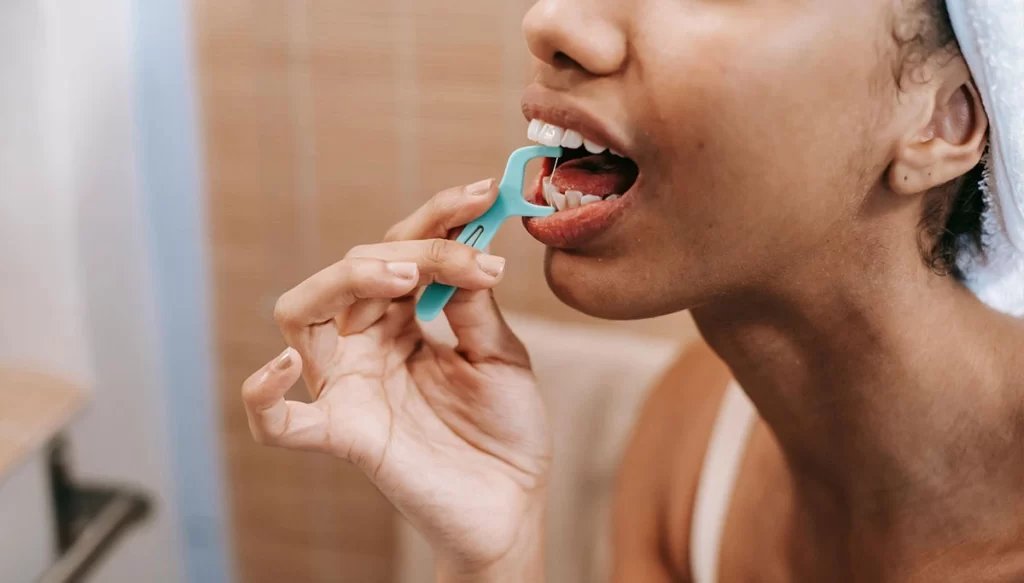
Flossing is vital for maintaining healthy gums and preventing the need for extensive dental treatments. Brushing alone cannot prevent periodontal disease, which can lead to receding gums and tooth loss if left untreated.
When harmful bacteria is left in your mouth, it can get into your blood and cause other serious health problems. This is why efficient oral hygiene routines at home are vital to your overall health. Professional teeth cleanings also play a crucial role in ensuring no debris or food particles are left between teeth.
To floss correctly, hold the floss around your middle fingers, while leaving an inch or two for your teeth. Hold the floss tightly with either your thumb or index fingers. Place the floss between two teeth and glide it up and down the sides of each tooth while curving the floss in a C shape.
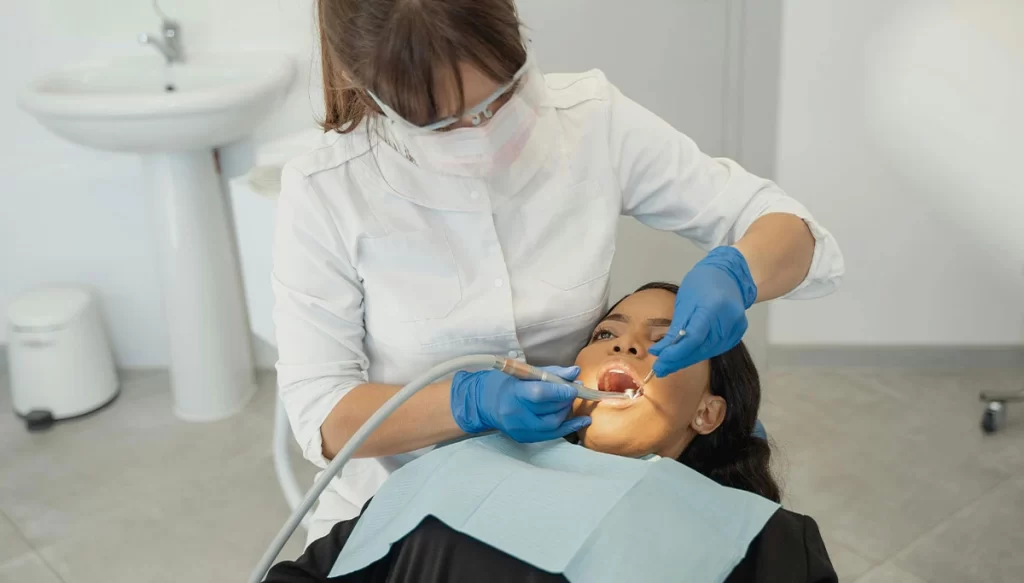
Regular dental exams and teeth cleanings are the only sure way to maintain optimal oral health. The frequency of your cleanings will depend on your current oral health and medical history. During your visit, we can discuss any questions you have about your oral hygiene, including which toothbrush migth be best for you.
To schedule a dental appointment at Eriks Dental Group in Fort Lauderdale, call our dental office at 954-463-5051.
© 2026 Eriks Dental Group - Fort Lauderdale - All Rights Reserved. Dental Website Design by Connectica